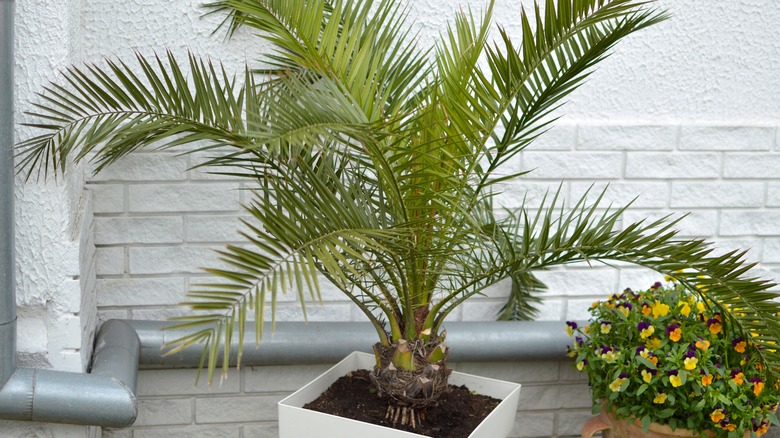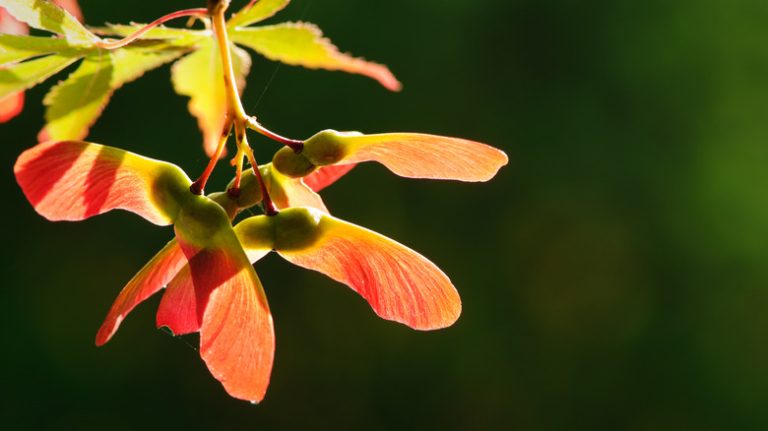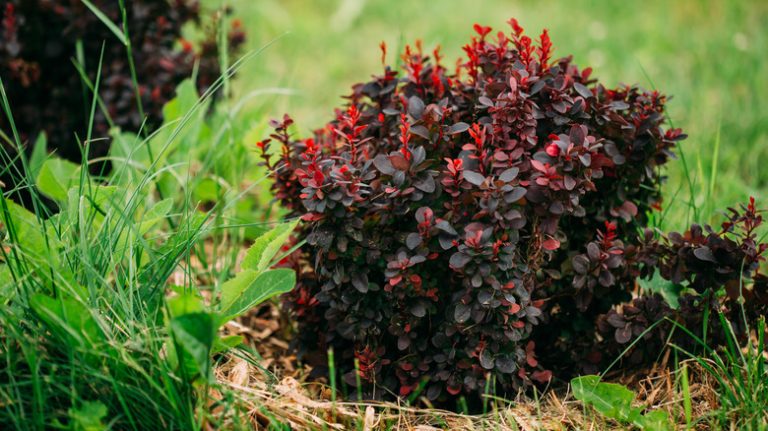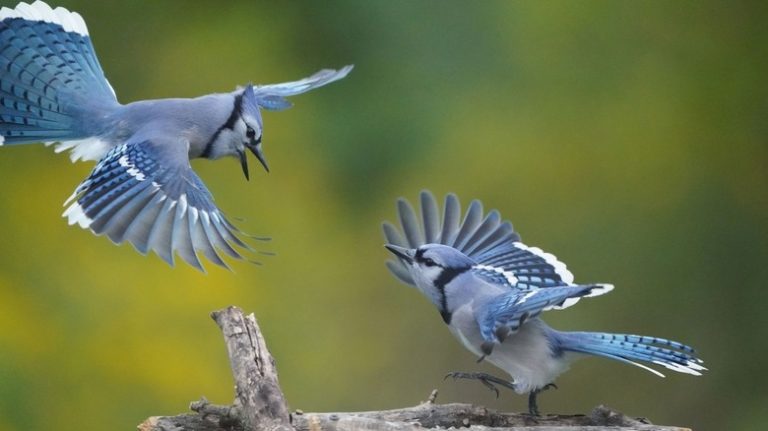Garden Trees, Shrubs & Vines
Sakshi Khaitan
A Madagascar native, majesty palm (Ravenea rivularis) has long since lost its wild touch to become a landscaping favorite. Even homeowners living outside USDA growing zones 10 to 11 haven’t managed to escape its tropical charm brought about by its green, feathery fronds, with many happily cultivating it as a houseplant. While the tree is truly majestic, capable of hitting a height of 100 feet, as an indoor palm variety, it stops growing at 10 to 12 feet. The palms grow steadily, at least in the initial years, developing quite a few offshoots or “pups” that you can separate to propagate new trees. These divided pups have their own root systems that give way to fresh majesty palms when planted.
While you can use seeds to propagate majesty palms, they’re hard to find, making it an unviable approach. Similarly, the evergreen foliage doesn’t perform well with stem cuttings. So, to enjoy the best results without any additional investment, divide the palm and pot its pups, preferably around early summer or spring’s end before its growth season kicks in.
Separating majesty palms
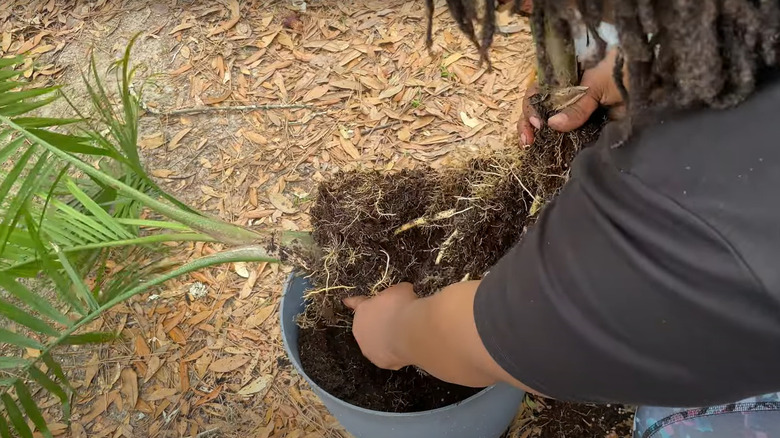
GG Naturals/YouTube
To successfully propagate your majesty palm, begin by watering it a few days ahead of the scheduled division. This ensures the roots are moist enough to detangle from the potted soil easily. On separation day, firmly hold the palm’s base and slowly remove it from the soil by tipping it to the side. Remember, these evergreen trees shouldn’t be pulled out when upright. Better yet, if they’re still planted in a nursery pot, tap on the sides to bring them out.
Once the palm is free, inspect it for offshoots that you can plant separately to get new trees. Then, use your fingers to rub the root ball and loosen the soil. Ensure the roots are firm and healthy—you’re good to go if they appear creamy-white. Proceed to disentangle your selected offshoots from the root system. To make the process easier, consider washing off the dirt from the root ball. However, if it’s too messy, you can use a sharp gardening knife or scissors to loosen the ball and divide the pups.
Planting and caring for divided majesty palms
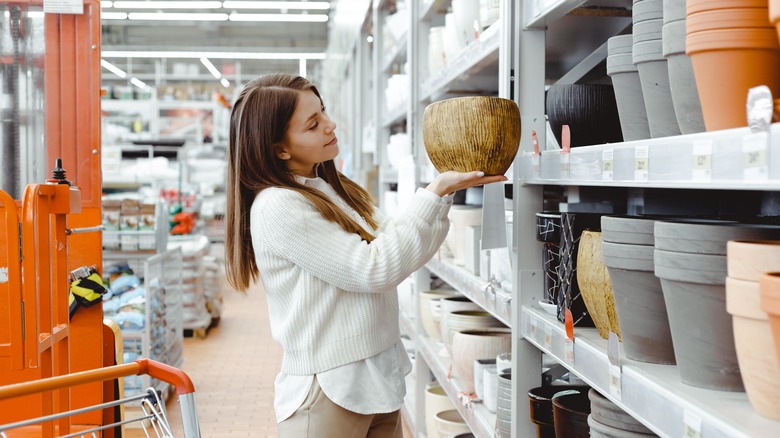
Vladeep/Shutterstock
After separating your majesty palm, it’s time to plant its offshoots in containers with adequate drainage holes. Choose pots 2 to 3 inches wider than the root system to ensure sufficient room for growth. But before you plant the pups, prune the longer roots to fit in properly. Also, spread a 2-inch layer of well-draining soil with a pH of 5 at the pot’s bottom to prevent it from becoming waterlogged easily. Mixing in sand or perlite is also an option if you are concerned about soil drainage.
Next, plant the pups into the potting medium, ensuring they stand upright. Then, put the pots in a sink to irrigate them. Keep the water flowing until it begins seeping out of the drainage holes. After that, place the baby palms next to their mother palms or in any other sunny spot that receives 6 to 8 hours of indirect light. After two months, add a nitrogen-rich fertilizer, like a 3-1-3 NPK fertilizer, to the growing palm, and repeat every two months unless it’s winter.

